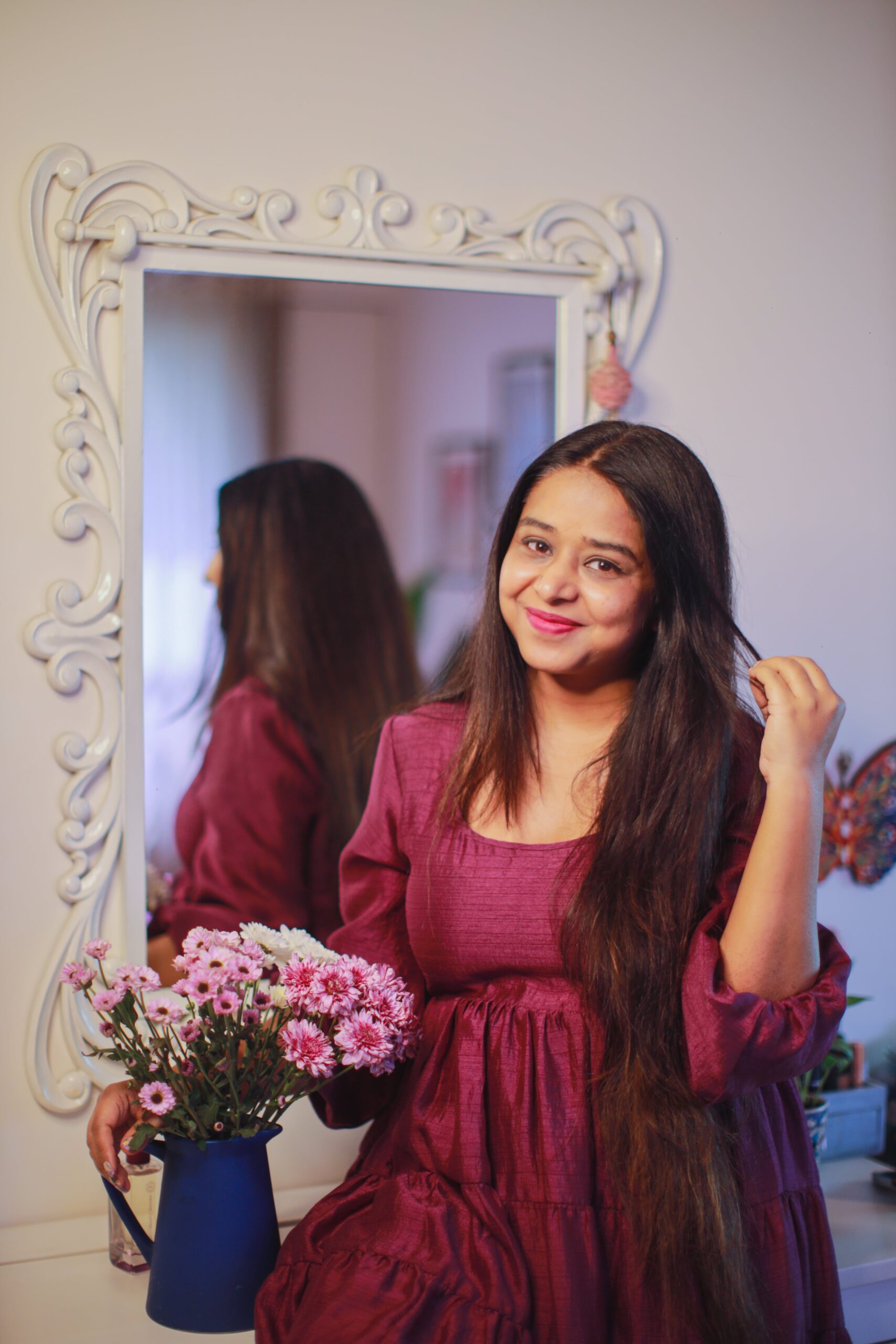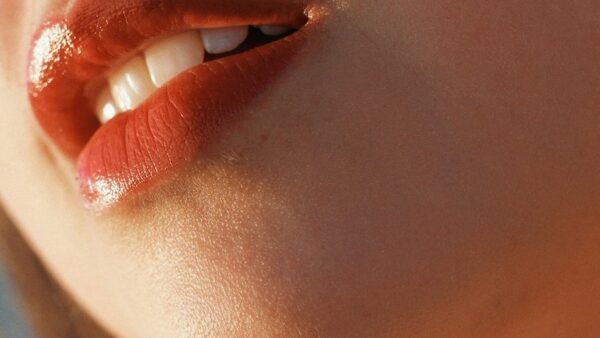Teenage acne due to surging hormones—characterised by painful cystic pimples, random whiteheads and a blackhead-dotted T-zone—is a common skincare issues between the ages of 12 and 24 years. Add stressful schoolwork, a lack of sleep, grab-and-go meals and an erratic schedule, and this can only be exacerbated. But skip the too-harsh scrubs and stripping spot treatments—this is also the time to play the long game and maintain a good skincare routine, a habit that’ll keep you in good stead as you age. “As a teenager, your skin is still going through hormonal changes, so it’s important to keep a simple but effective skincare routine, according to Dr Geetika Mittal Gupta, founder and medical director at ISAAC Luxe. “The five things teenagers have to do to keep their skin healthy and balanced is to cleanse, tone, exfoliate, moisturise and use a SPF,” says dermatologist and cutaneous surgeon Dr Satish Bhatia. We asked them what teenagers should keep in mind when they put a routine together.
1. Treat—and understand—your acne
“In my practice, I usually see acne, blackheads, and oily skin tops the list of teen skin complaints. Hormonal surges lead to enlargement of the oil glands, making teenage skin oilier, which can lead to congested pores and blackheads. Acne is common during puberty when hormones go into overdrive, causing the skin to overproduce sebum,” says Dr Gupta. “If you have breakouts, try this approach: Wash your skin, use a toner, and then apply a medicated acne gel. If you have severe acne, its best to consult a dermatologist before using any acne medication,” says Dr Gupta. Both doctors make it clear that picking or touching zits can cause scars that can last for years after, so taking a hands-off approach is important.
2. Cleanse well
You may be experimenting with makeup, playing more sports and staying out till late, all of which can take a toll on your skin if you don’t deep-cleanse it well. Dr Bhatia suggests cleansing thoroughly at night, or doubling down if you’re getting super sweaty or dirty during the day too. He suggests using a salicylic acid cleanser that’ll safely keep your skin exfoliated, and therefore, clear. After cleansing, a toner that suits your needs—hydrating for dry skin, or purifying for acne-prone skin is a good idea.
3. Don’t forget to moisturise
Even if your skin feels greasy, making sure you’re using a moisturiser that works for you is important. “Pick a non-comedogenic moisturiser that’ll feel comfortable and light on the skin, like a gel or lotion-based one,” says Dr Bhatia. If you’re happy to add another step to your routine, Dr Bhatia likes adding a Vitamin C and B5-based serum to serve as antioxidant and hydration layers.
4. Make SPF non-negotiable
The sooner you start adding sunscreen to your routine, the more likely you are to maintain better collagen levels as you age. This helps to prevent cumulative photo-damage too. “You’re not too young to start a daily sun protection routine. After moisturising, reach for a broad-spectrum sunscreen with an SPF of 15 or higher and apply as directed.” Plus, Dr Bhatia points out that hormonal changes can cause pigmentation, and a good SPF can help counteract that.
5. Skip exfoliating and anti-ageing ingredients
“We definitely don’t need skincare heavy hitters when we’re young, as most of them are meant to repair environmental and intrinsic damage, reanimate collagen and elastin production, and target specific areas like the eyes and neck,” advises Dr Gupta. You want to skip doing too much too fast—it can irritate the skin, worsen acne and cause allergies from an early age. “That often damages the skin barrier, which can just lead to more acne, inflammation, blotchiness and dryness,” she says. While there is skincare advice on every part of the internet, it is important to note (especially for teenagers that may be getting theirs from social media) that finding the right routine can be individual, and what may work for everyone else may not work for you.





